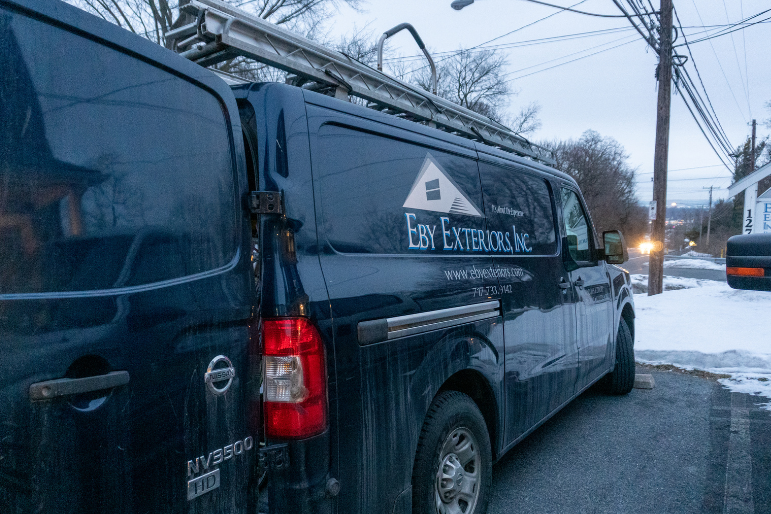
Determining the cost of repairing a house is crucial for homeowners. Whether dealing with a leaky roof, a damaged foundation, or general maintenance, understanding the potential expenses is vital for budgeting and planning. This thorough guide dives into the intricacies of home repair costs, providing insights into various factors influencing the price and offering valuable strategies for managing repair projects effectively.
Understanding the Factors Influencing Repair House Costs
Home repairs can scope from minor touch-ups to significant renovations, significantly impacting the final price. Numerous factors influence these costs, making it challenging to offer a single definitive number. Understanding these factors, however, empowers homeowners to make well-informed decisions, maximizing value and minimizing waste.
Assessment of Damage
Before any repair work begins, a thorough assessment of the damage is essential. The extent of the damage directly impacts the cost of repair. A small crack in the wall will cost less than a significant structural issue, such as a foundation problem. Accurate assessment identifies the specific materials and labor required, leading to a realistic estimate.
Related Post : How Much Does It Cost To Repair Hail Damage
Material Costs
The price of materials plays a significant function in determining repair costs. Material costs depend on the type of material used, availability, and current industry trends. For example, a plumbing repair might require specialized pipes or fixtures, driving up the overall cost. Using sustainable or high-quality materials, while potentially more expensive upfront, may offer better value and longevity in the long run.
Labor Costs
Labor costs are a substantial component of repair house costs. The complexity of the repair, the experience of the contractor, and the location can all affect labor costs. Hiring a licensed and insured contractor, while potentially more expensive, often ensures quality workmanship, minimizes potential complications, and safeguards your investment.
Estimating Repair Costs: A Step-by-Step Guide
Gathering Information
Before seeking estimates, gather all necessary information. Document the extent of damage, determine the specific materials needed, and list the types of repairs required. Having detailed documentation helps contractors offer accurate and efficient assessments, leading to a smoother and faster process. A thorough inventory of the damaged area will help estimate potential costs.
Obtaining Multiple Estimates
Seeking estimates from at least three reputable contractors is crucial. Comparing quotes can reveal significant variations in pricing. Be sure to ask about their qualifications, experience, and guarantees. You also want to look for a company with a well-established reputation and positive reviews from past clients. Review and compare estimates carefully, looking beyond just the final price to understand the details and scope of work covered.
Evaluating Contractor Qualifications
Before selecting a contractor, thorough due diligence is critical. Verify their licenses, insurance, and experience. Check for any prior complaints or issues. Reading reviews from past clients offers valuable insight into the contractor’s professionalism, communication style, and overall performance. This step can help ensure a smooth and reliable repair process.
Understanding Contract Details
Carefully review all contract details before signing. Clearly defined terms, payment schedules, and timelines ensure a achievementful and transparent repair process. A written contract that clearly outlines the scope of work, payment terms, and timelines reduces the likelihood of misunderstandings or disputes.
varied Types of Home Repairs and Their Associated Costs
Roofing Repairs
Roof repairs, like fixing leaks or replacing damaged shingles, can vary significantly in cost depending on the extent of damage and the type of materials used. Severe roof damage often requires significant investment due to specialized equipment and labor needed for repairs. Consider factors like the size of the roof, the type of damage, and the materials used to get an accurate estimate.
Plumbing Repairs
Plumbing repairs, including fixing leaks, replacing pipes, or installing new fixtures, are crucial for maintaining a functional home. The cost of plumbing repairs depends heavily on the extent of damage and the complexity of the required work. If you’re working with something complex, such as replacing a significant section of pipe or facing major plumbing complications, anticipate a higher repair bill.
Electrical Repairs
Electrical repairs, from fixing faulty wiring to installing new outlets, necessitate caution and expertise. The cost of electrical repairs can vary based on factors such as the size of the job, the complexity of the work, and the specific materials required. Ensuring compliance with local electrical codes is also critical, and the expense associated with these considerations should be incorporated into the repair estimate. Hiring a licensed electrician is a prudent step to ensure safety and compliance with local building codes, but be sure to find a highly-qualified electrician who knows their way around electricity and wiring safely.
In conclusion, calculating the cost of repairing a house involves a detailed assessment of the damages, required materials, and labor costs. Understanding these factors allows homeowners to budget effectively and make informed decisions about repairs. If you’re unsure about any facet of the repair process, consulting a qualified contractor is highly recommended. They can offer accurate estimates, assess potential complications, and offer guidance to help you complete the project effectively and within budget. For more specific information and to get a customized quote for your project, consider contacting local contractors or using online resources to connect with qualified professionals in your area.